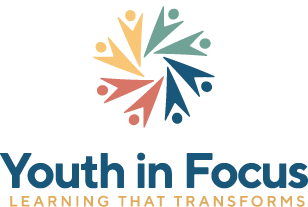Exploring the Growth Mindset for Children and Youth: Working Definitions and Important Connections to Resiliency
According to psychologist Carol Dweck, our mindset plays a critical role in how we cope with life’s challenges. Using a fixed mindset, we might hear comments from children and youth such as, “I’m not good at this,” “I give up,” or “I can’t make this better.” However, using a growth mindset, we might hear, “I’m not good at this yet,” “I’ll use other strategies,” or “How can I improve this?” As child and youth care workers, it’s vital that we understand the concept of mindset as well as the “power of not yet,” especially as we strive to collaboratively build resilience, and support our children and families’ efforts to persevere in the face of setbacks.
Learning Objectives:
-
Identify the differences between a growth versus a fixed mindset
-
Reflect on the benefits of having a growth mindset
-
Learn how to build resiliency as a protective factor to support a growth mindset
CYC Certification Competency Domain:
Developmental Practice Methods
1 Class Hour

